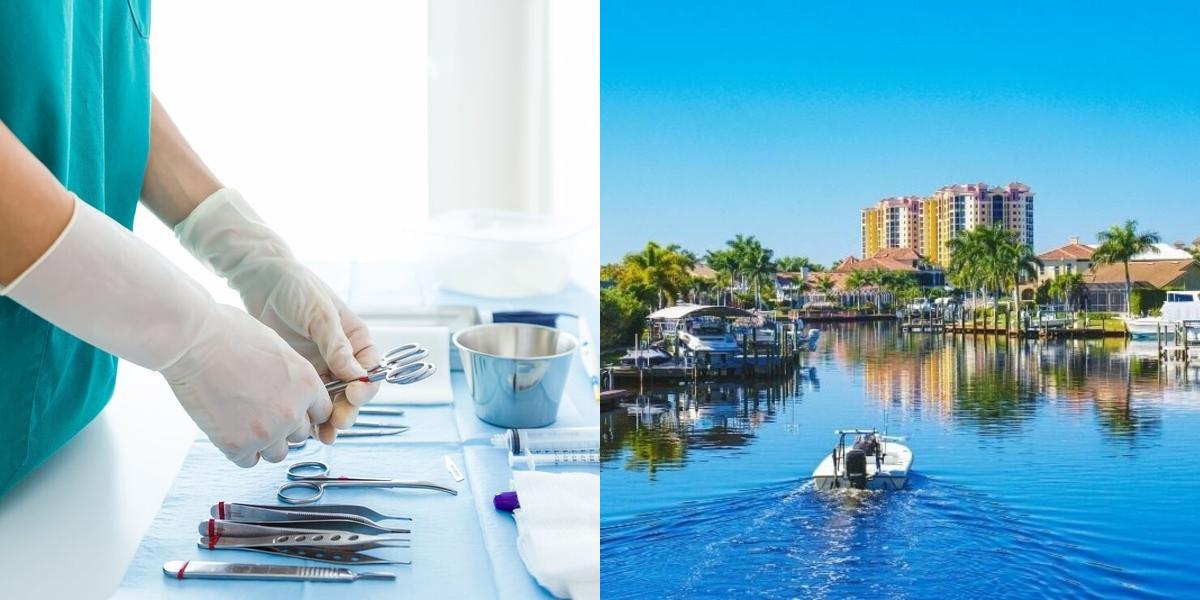How to Become a Sterile Processing Technician in Florida

Starting a career as a Sterile Processing Technician (SPT) in Florida follows a clear path: earn a High School Diploma or GED, complete an accredited sterile processing training program, gain 400 hours of clinical experience, and pass the CRCST certification exam. These steps match Florida employers, Google’s AI Overview, and top-ranked training providers.
Sterile processing technicians in Florida earn an average of $44,290 per year ($21.29/hour), according to the BLS.
How long does it take to become a sterile processing technician in Florida?
It typically takes 6–12 months, including training, clinical hours, and certification.
How long does it take to be a sterile processing technician?
Most students finish training and required hours in 6–12 months, depending on program format.
How much do sterile processing techs make in Florida?
Sterile processing technicians in Florida earn an average of $44,290 per year, based on BLS data.
Can you self study for sterile processing?
You can self-study the theory, but you still need 400 supervised clinical hours to qualify for CRCST certification.
Final Thoughts
Becoming a sterile processing technician in Florida offers a clear path into healthcare with strong job stability and flexible training options. If you're ready to start, compare programs through Dreambound to find one that fits your schedule and location.
Related Guides

Athena is Co-founder and CEO of Dreambound.




